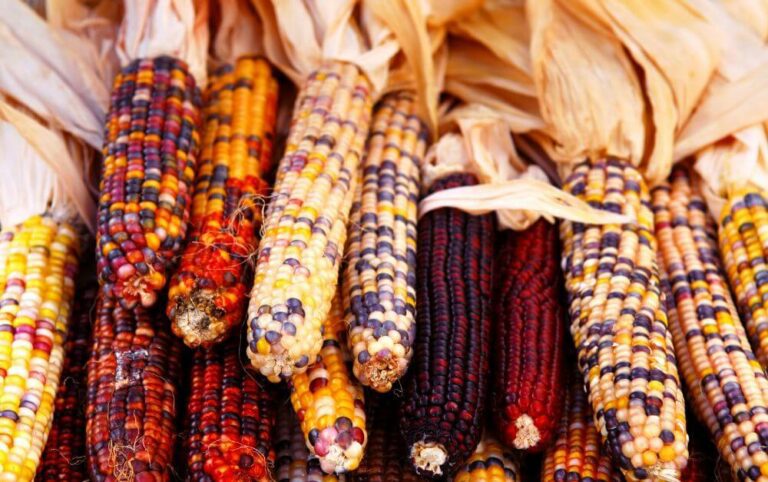
Amid U.S. and industry pressure, Mexico delays glyphosate ban
On April 1, 2024, Mexico was set to follow through with its 2020 commitment to ban

On April 1, 2024, Mexico was set to follow through with its 2020 commitment to ban
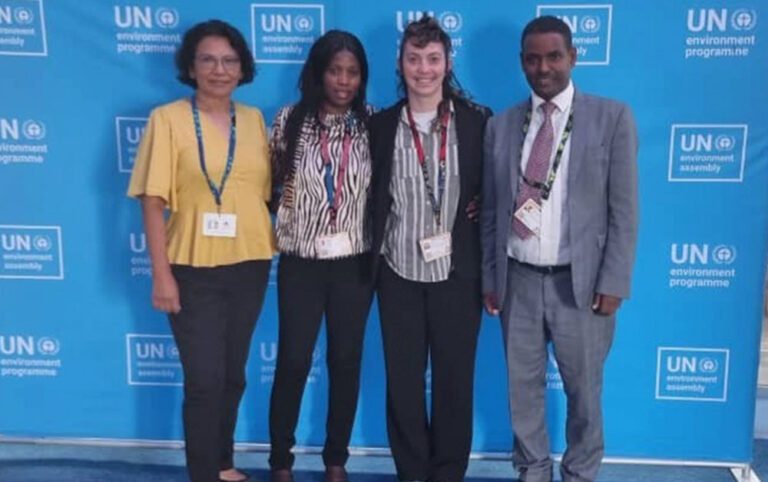
After many long days of negotiations, the U.N. Environment Programme (UNEP) made a historic move for
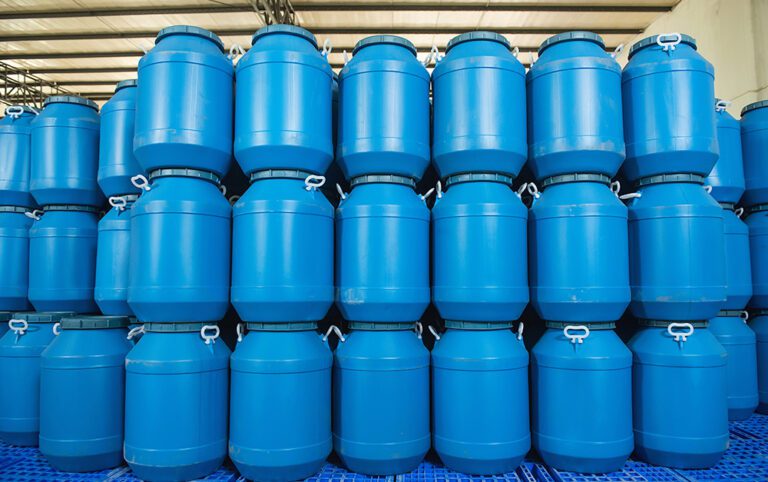
In a historic move for safer food and farming, the U.N. Environment Assembly (UNEA) today called
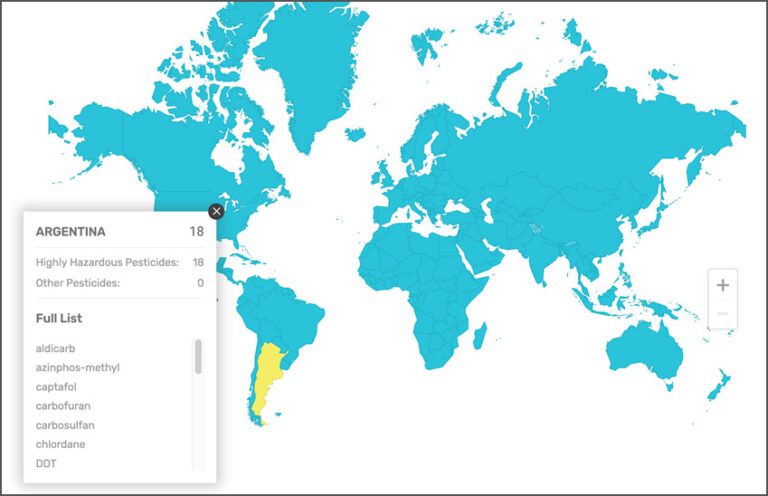
PAN International continuously tracks and updates a List of Highly Hazardous Pesticides (HHPs) and a Consolidated List of Banned Pesticides, which show an alarming number of hazardous pesticides still in use, as well as the highly uneven nature of regulation of hazardous pesticides around the globe.
However, they also show that many countries have renounced HHPs, and we’re calling for a global phase-out of these pesticides by 2030.
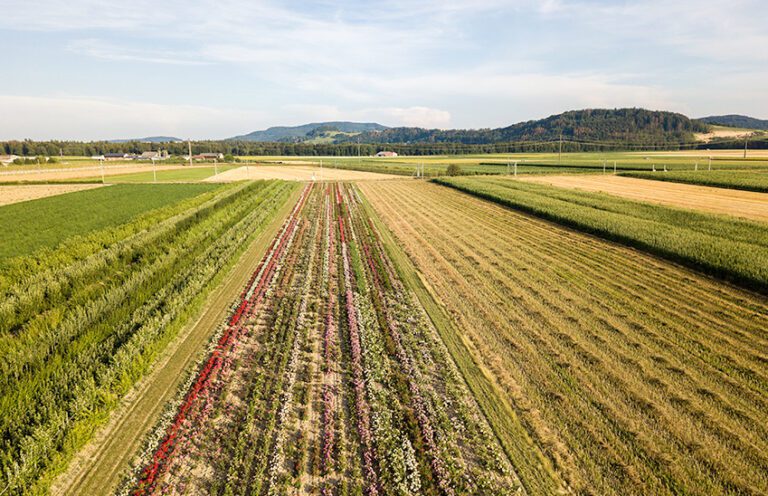
Our international work champions agroecology – a powerful approach to sustainable agriculture and food systems that is practical, economically viable, grounded in principles of social justice and the integration of science with local and Indigenous knowledge and practice.
Farmers around the world are successfully replacing highly hazardous pesticides with agroecology; it is an essential part of the agrifood system transformation that is needed now more than ever.
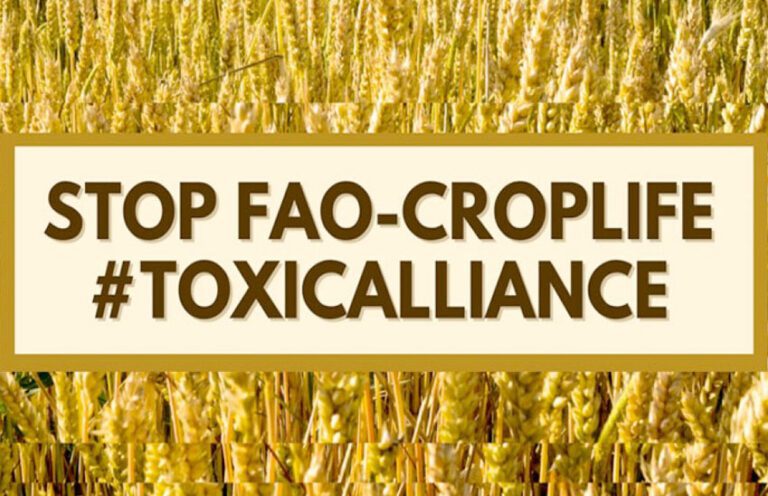
Corporations are gaining increasing influence at the UN Food and Agriculture Organization (FAO), threatening the democratic governance of our food systems, and our health and well-being.
PAN is working to expose and push back against this corporate capture – we were recently successful in co-leading a global, cross-sector campaign to stop the #ToxicAlliance between FAO and pesticide industry group CropLife International from moving forward!
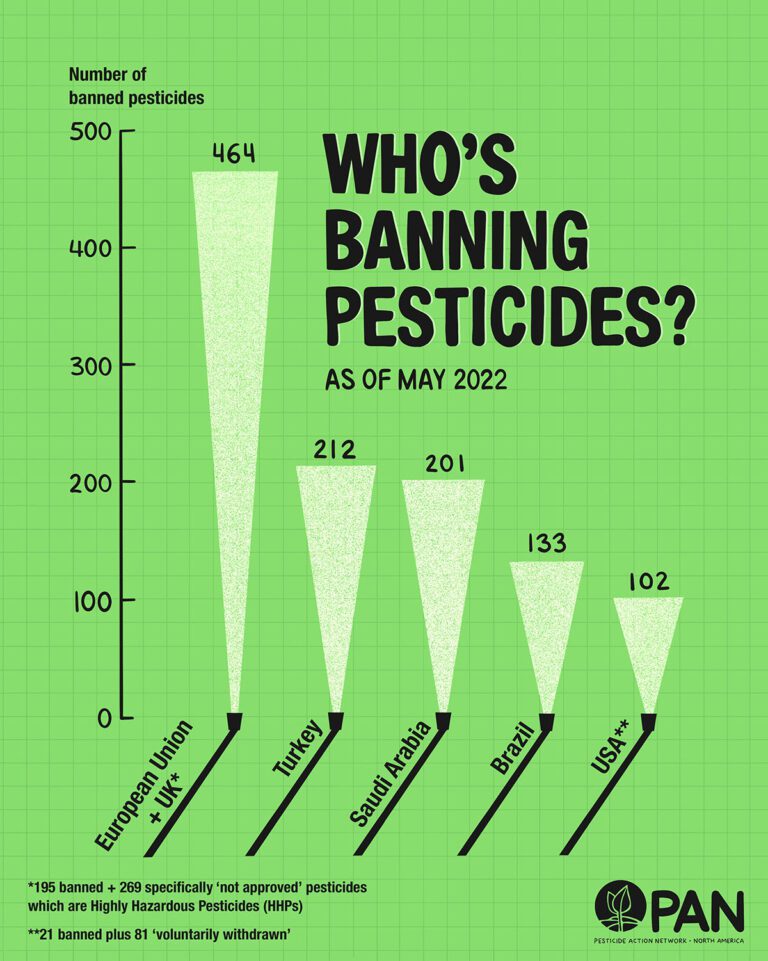

Corporations are gaining increasing influence at the UN Food and Agriculture Organization (FAO), at the expense of states, small scale
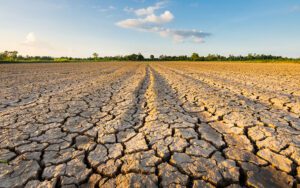
Scientific evidence indicates that pesticides contribute significantly to greenhouse gas emissions while also making our agricultural systems more vulnerable to
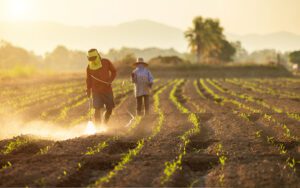
Millions of people face health and livelihood harms from agricultural chemicals.

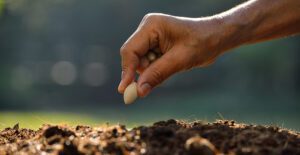
For too long, pesticide and biotech corporations have dictated how we grow food, placing the health and economic burdens of pesticide use


